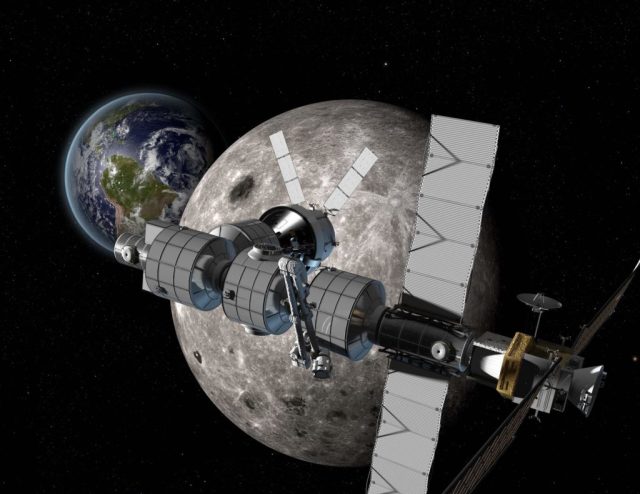The implementation of the Artemis and Lunar Gateway programs "will demonstrate the technical capabilities for a future human mission to Mars," according to the agreement between NASA and the Canadian Space Agency
OTTAWA, May 27. /TASS/. The Canadian astronaut will become a member of the Artemis 2 program of the US National Aeronautics and Space Administration( NASA), and Canada will also send a lunar rover to the Moon in the next five years. This was announced on Wednesday on Twitter by the Minister for Innovation, Science and Industry of the country Francois-Philippe Champagne.
"Canada will be a part of space history! The Canadian will participate in the Artemis 2 mission, the first manned mission to the Moon since 1972, " he wrote. In addition, Champagne noted that " Canada plans to land a lunar rover on the Moon within the next five years to prepare the space sector [of the country] for further research." The minister did not give details.
In late December 2020, NASA and the Canadian Space Agency (CSA) agreed on a bilateral cooperation agreement for the Artemis and Lunar Gateway lunar programs. In particular, Canada is committed to providing assistance to NASA projects in the creation and installation of robotic systems, such as the new-generation manipulator Canadarm3. In addition, NASA is committed to providing seats in the Artemis 2 manned mission and at the Lunar base for two KKA astronauts. The agreement notes that the implementation of these projects "will demonstrate the technical capabilities for a [future] human mission to Mars."
In the spring of 2019, NASA announced the project of the Artemis lunar program, which will consist of three stages. The first of them (Artemis 1) provides for an unmanned flight of the Orion spacecraft installed on the Space Launch System rocket around the Moon and its return to Earth. The second stage (Artemis 2) is a flyby of the Earth's natural satellite with the crew on board. In the third phase of the mission (Artemis 3), NASA expects to land astronauts on the Moon in 2024, and then send them to Mars approximately in the mid-2030s. The first stage of the program is scheduled for 2021, the second-for 2023.

